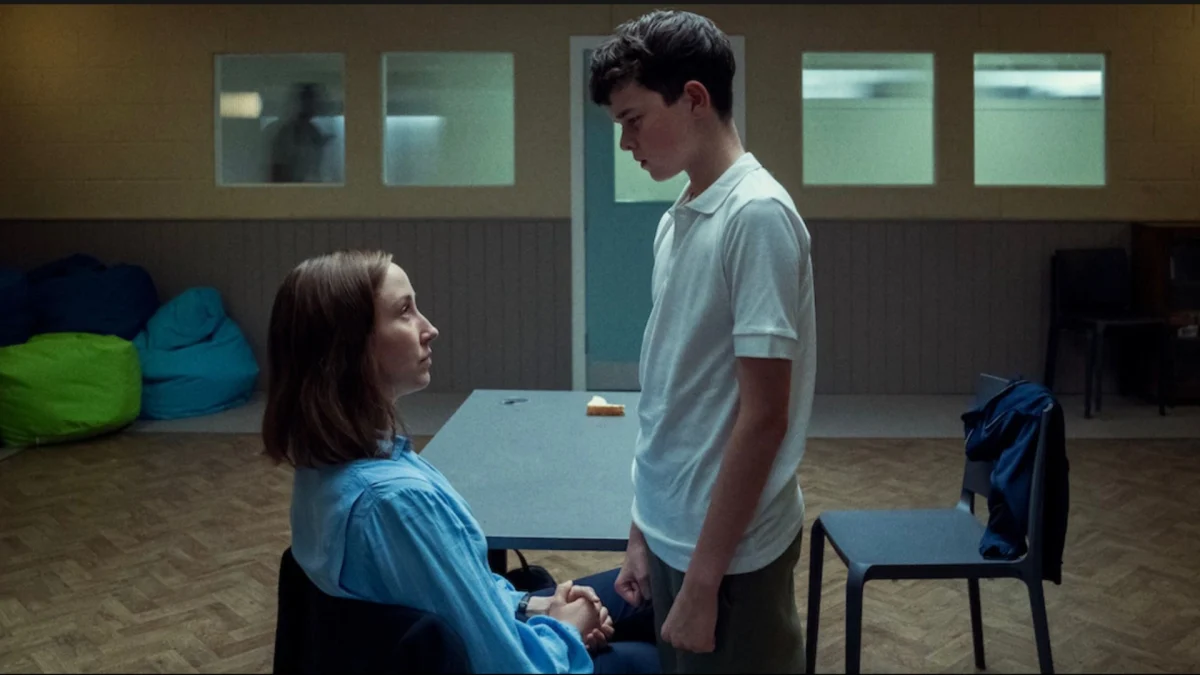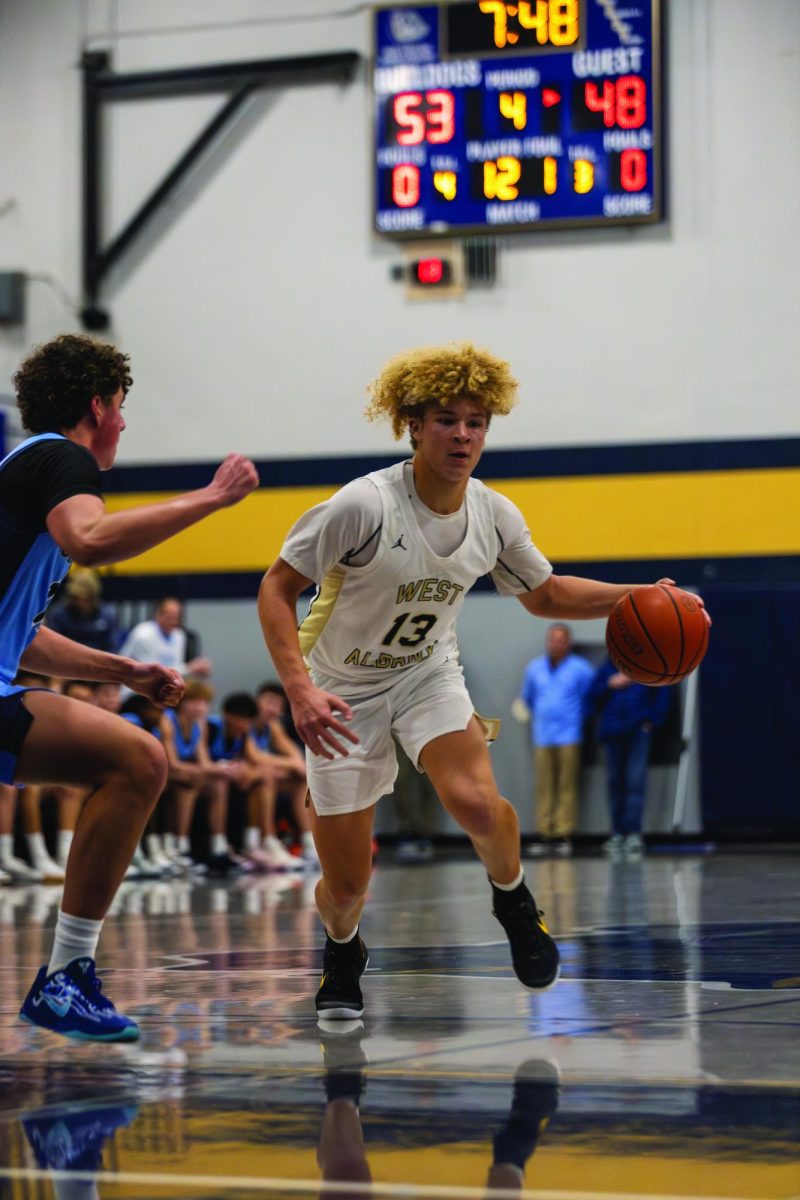Toxic masculinity has been a struggle in many lives for centuries. While we have tried to address these issues for years, only recently have we started identifying everyday moments that shape the lives of both men and women in our society. WARNING: THIS CONTAINS SPOILERS
Netflix’s limited series “Adolescence” dives deeply and professionally into this topic, following 13-year-old Jamie Miller (Played by Owen Cooper) after being arrested on suspicion of the murder of classmate Katie Leonard (Emilia Holliday). Throughout the four one-hour episodes, the show covers a wide range of topics, such as “incel culture,” the idea of men who blame women for their lack of sexual experience, also called “involuntary celibate,” and “red pill content.” While the red versus blue pill analogy originated from the 1999 film “The Matrix,” it holds the same metaphorical meaning. The blue pill represents living in blissful ignorance, while the red pill represents facing the much harsher reality. In this case, that is the “manosphere,” or the portion of the internet that promotes masculinity, misogyny, and opposes feminism, believing that men are the victims of rising feminist societies.
As a teenage girl in our society today, I see how these prejudiced beliefs and the manosphere affect both the young boys and girls of our generation. Misogyny has become all too normalized in our world, to the point that some people don’t even realize how it’s wrong. The show makes a point to add moments for situations where blind misogyny takes place.
In episode two of “Adolescence”, DI Bascombe (Ashley Walters) and DS Frank (Faye Marsay) visit the school of both Miller and Leonard, specifically Miller’s social studies class, to ask the students if they know anything about the murder case and to contact the police if they do.
In the scene, a boy asks if Miller “did it,” or in other words if he committed the crime, to which a teacher asks them to listen and pay attention. The indirect answer causes the boy to turn to his friends and yell, “Oh shit he did!” while smiling and laughing with his friends. Later, he asks, “Is it true you got a video?” turning to his friends again.
The students’ reactions toward hearing this can be interpreted in many ways, but this is how I did.
I see this scene as the kids both not believing and simultaneously not caring. These kids know both Miller and Leonard. Since everyone knew Leonard had previously bullied Miller, it seemed like they almost expected Miller to fight back, and thus, they made a joke out of a serious death. This ideology stems from the appearance of the school, which commonly seems to let the boys get away with things that the girls don’t. This also reflects the double standard that society holds to men, about holding girls accountable for their wrongdoings against them, often not in a kind way. The boys expected Miller to get back at the girl who bullied, rejected, and mocked him, because what man would let a girl treat him like that?
Later in the episode, one of Miller’s friends, Ryan Kowalska (Kaine Davis), gets into a fight with Leonard’s best friend, Jade (Fatima Bojang), over the death. After getting beat up, a student in the surrounding crowd says, “You just got banged by a girl, you sausage,” causing everyone else in the crowd to break out in laughter. Putting emphasis on the fact that he got beaten up and embarrassed by a girl in front of everyone.
This again shows the slight misogynistic comments that surround young, impressionable minds in day-to-day life. Easy jokes like this may seem like playful banter, but taking the themes of this narrative into account, you can see how they are mocking Kowalska for letting a girl make him look vulnerable in front of a crowd, like getting beat up by a girl is more humiliating than by someone on his “level.”
The consumption of this content and the way it teaches kids to act is too normalized and too ignored. We need to bring more attention to these actions to prevent the extreme situations that “Adolescence” brings awareness to, as well as the minor situations that affect kids every day.



